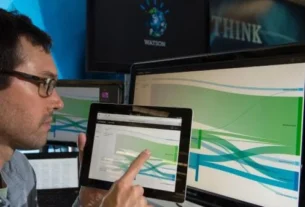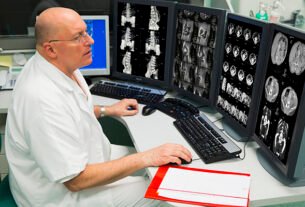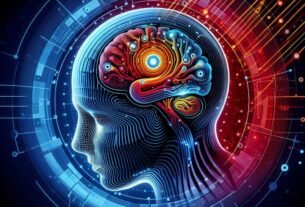*Introduction
Artificial Intelligence (AI) is transforming medicine at an accelerating pace. Over the past seven days, there have been impressive advances that promise to improve diagnostics, treatments, and hospital efficiency. In this article, we explore the top global news stories about Health AI, its impact on human medicine, and how you can benefit from these innovations.
If you are a doctor, student, researcher, or tech enthusiast, this content is essential to stay up to date.
*Latest Global News in Health AI (Last 7 Days)
“While the new FDA-cleared device detects strokes in seconds, [NeuroBand] prevents strokes before symptoms appear — using artificial intelligence to analyze brain patterns in real time. Together, they represent the future of proactive neurology.”
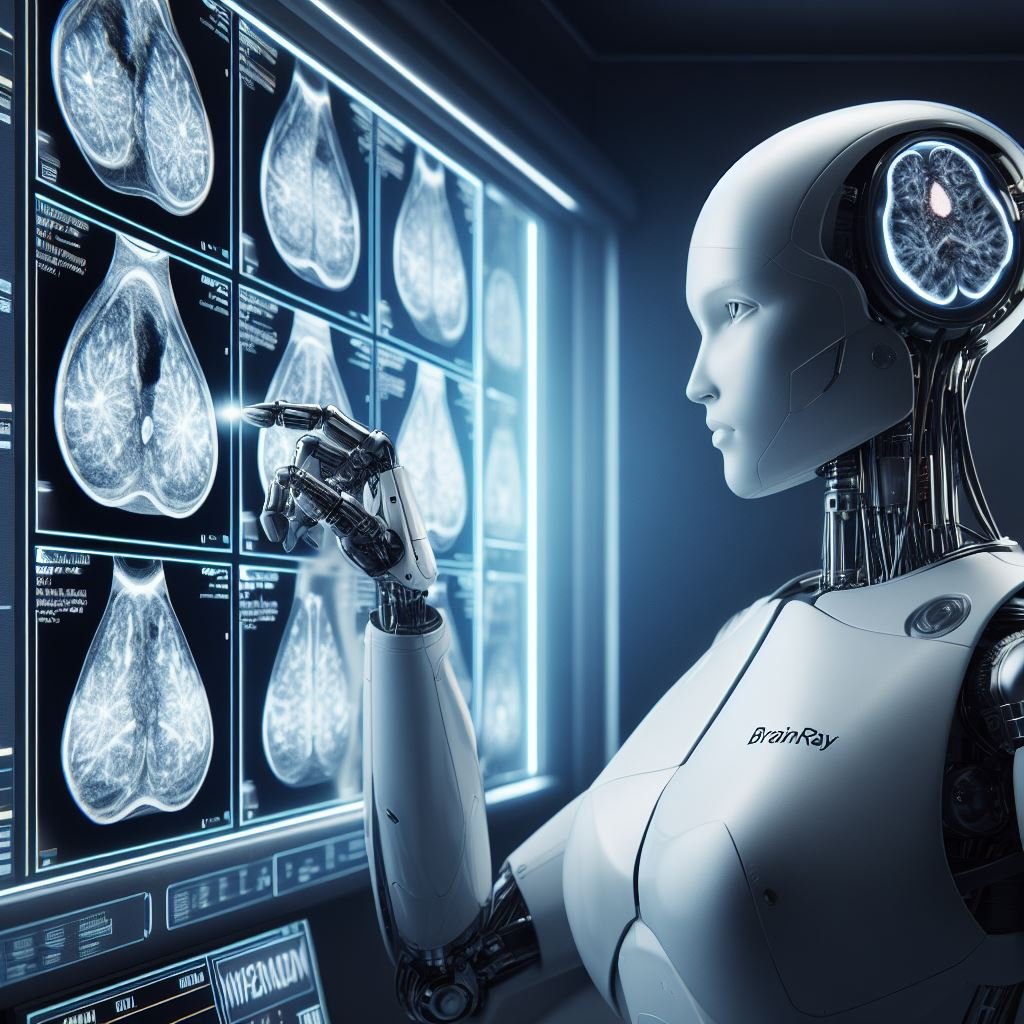
- Google DeepMind Launches New AI Model for Early Cancer Diagnosis
A new algorithm from Google DeepMind has demonstrated 98% accuracy in detecting breast cancer early in mammograms.
*Clinical studies are being conducted in Europe and the US for implementation in hospitals by 2025.
- OpenAI and Microsoft Launch GPT-4-Based Medical Assistant
OpenAI, in partnership with Microsoft, announced a virtual medical assistant that helps diagnose and recommends treatments based on millions of scientific articles.
*It is already being tested in hospitals in Boston and London.
- FDA Approves First AI Device for Real-Time Stroke Detection
The FDA (USA) approved an AI system that analyzes brain scans in seconds, identifying ischemic strokes with 95% accuracy.
*Hospitals such as the Mayo Clinic are already adopting the technology.
- Study Reveals that AI Can Predict Heart Disease Better than Doctors
Research published in Nature showed that a machine learning model outperformed cardiologists in predicting heart attacks 6 months in advance. - IBM Watson Health Announces Partnership with SUS for Patient Triage
SUS (Brazil) has reached an agreement with IBM to use Watson Health in the automated triage of patients in UPAs.
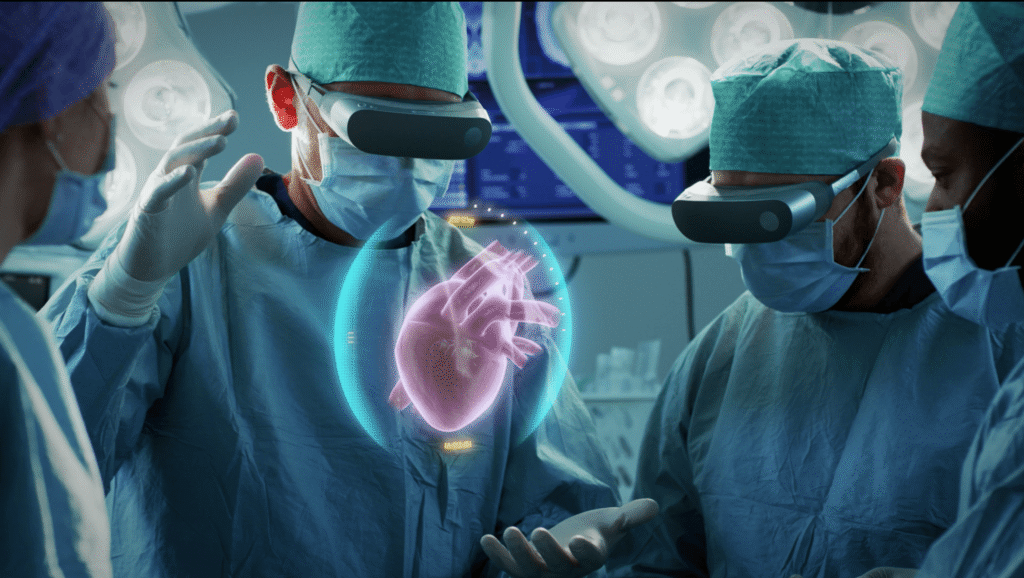
“This breakthrough is part of a larger revolution. Our paper [The Age of AI in Medicine] shows how algorithms are transforming everything from cardiac diagnostics to robotic surgeries with accuracy that outperforms human doctors 40 percent of the time.”
*It is expected to reduce queues and waiting times by up to 40%
*FAQ (Frequently Asked Questions About Health AI)
*1. Will AI replace doctors?
No, AI is a support tool, improving diagnoses and efficiency, but final decisions still depend on humans.
*2. Which specialties will be most impacted by AI?
Radiology, cardiology, oncology and pathology are the most benefited.
*3. Is AI in medicine safe?
Yes, but it needs constant validation. Regulators such as FDA and ANVISA monitor it rigorously.
*4. How can doctors learn about AI?
Online courses (Coursera, edX) and certifications in machine learning for healthcare.
*5. How much does it cost to implement AI in a hospital?
It depends on the system, but basic solutions start at US$ 10,000/year.
*Conclusion and Call to Action
Health AI is revolutionizing medicine, here you will find the main sources of information on the subject. Share this article, leave your comment below and follow us for more updates!


